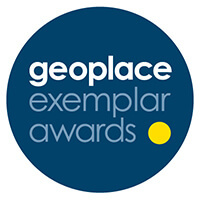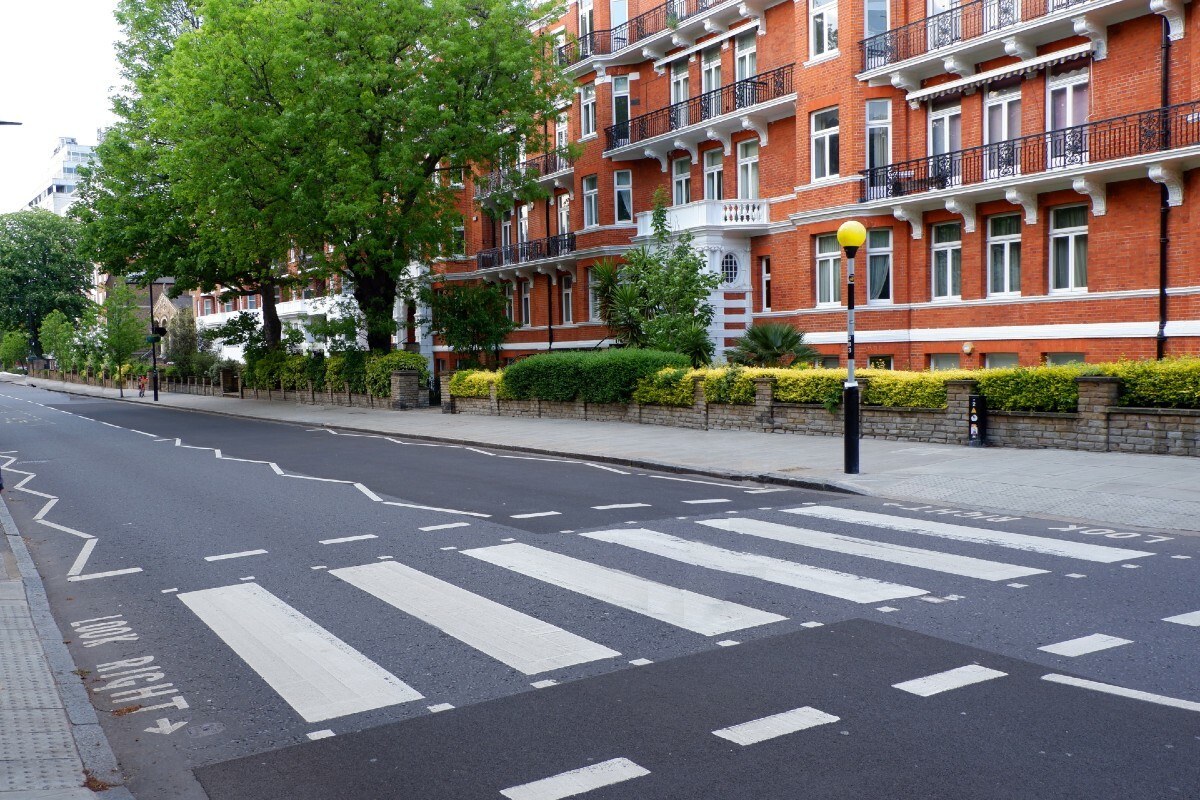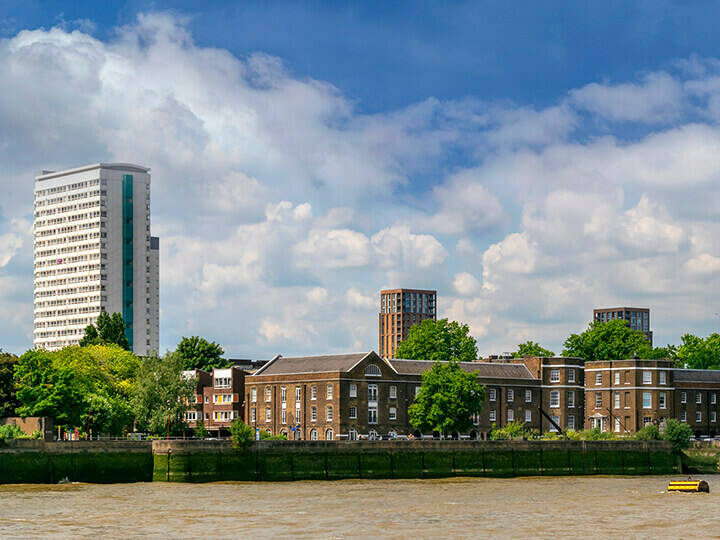Westminster City Council won the Exemplar Award 2025
The challenge

Westminster City Council operates in one of the most complex and high-profile environments in the country, serving over 250,000 residents and millions of daily visitors. Maintaining public spaces – particularly in relation to waste and street cleanliness – is a continual challenge in such a densely populated and fast-moving area.
The council’s existing reporting system had served its purpose for many years, but it was beginning to show its limitations. Residents were required to complete detailed online forms, a process that could be time-consuming and occasionally frustrating, especially when reporting issues on the go. Location details were often entered inconsistently, leading to delays in resolving problems and additional pressure on frontline services.
As the volume and complexity of service requests grew, it became increasingly clear that a more responsive, data-driven approach was needed. The opportunity emerged to redesign the system from the ground up – not just to improve efficiency, but to create a platform that better reflected the real-life experience of those using it, while unlocking the power of geospatial data to enhance public service delivery.

The solution
To address these limitations, Westminster City Council set out to reimagine its approach to public reporting by developing a new geospatial platform: Report It. The project brought together stakeholders from across the council, including digital, GIS, waste services, and IT teams, as well as residents, councillors, and external partners. A five-stage design and research process ensured the platform would be built around real-world needs.
Initial research identified key priority areas – such as waste, highways, anti-social behaviour, and licensing – where reporting improvements would have the most impact. Surveys and interviews gathered input from over 400 residents, businesses, and staff, followed by in-depth observational work that shadowed users as they reported issues. Workshops then brought these insights together, shaping a platform that was both inclusive and technically robust.
The result was a cloud-based, AI-enhanced system that integrates Google Maps API, geocoding, and Unique Street Reference Numbers (USRN). By precisely linking each report to an accurate geospatial location, the platform enables faster routing, triaging, and resolution. Automation features such as image classification and chatbot-guided input streamline the experience, both for users and council teams.
The results
Since its launch, Report It has fundamentally changed the way Westminster manages public service reporting. The accuracy of submissions has risen to 86%, while average submission time has dropped from five minutes to just 88 seconds. These gains have translated into faster response times, reduced site visits, and more efficient service planning.
Cross-departmental collaboration has deepened. Multidisciplinary teams now use shared geospatial data to drive operational decisions. Manual processes have been eliminated, freeing up staff capacity and allowing for a more agile response to real-world issues.
But the benefits go beyond waste management – the platform’s architecture supports expansion into other service areas – and that uplift includes an impact on streetlighting, highways maintenance, and anti-social behaviour reporting. Interest from other authorities is already growing, suggesting the potential for national replication.
Crucially, the integration of geospatial identifiers such as USRNs ensures that every report is tied to the right place, enabling smarter data usage and better citizen outcomes. Whether it's a missed bin collection or a streetlight outage, issues can now be reported quickly, tracked precisely, and resolved with confidence.
In that sense, Report It has not only transformed back-office processes – it has transformed the citizen experience. Residents now spend less time navigating bureaucracy and more time seeing results. When communities feel heard, and can see their concerns resolved quickly and visibly, it builds trust. It encourages engagement. And it makes local government feel close, accessible, and responsive – which, ultimately, is what public service should be.
Anna Gomolka – GIS Manager, Westminster City Council said:
“With geospatial intelligence and AI working together, we’ve not only improved accuracy – we’ve transformed the way residents connect with the council.”



